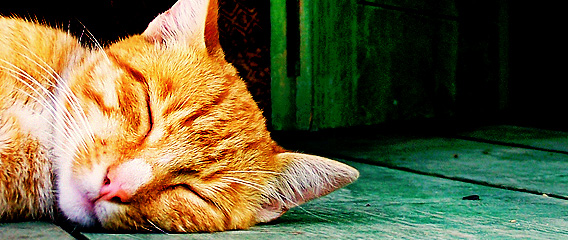The past few weeks have provided ample time for listening to audio books during longer commutes to rehearsals and concerts. For these extended times in car, books about business, stocks, investing, etc. are regular favorites so I can learn about various styles of investing and hopefully understand and streamline my own investing skills. The time feels like a guiltless way to spend hours learning that wouldn’t normally be devoted to these activities if I were home since practicing wins out more often than not.
I recently finished listening to Cashflow Quadrant: Rich Dad’s Guide to Financial Freedom by Robert T. Kiyosaki, The Modern Scholar: Waking Dragon: The Emerging Chinese Economy and Its Impact on the World by Professor Peter Navarro, and Talent Is Overrated: What Really Separates World-Class Performers from Everybody Else
by Geoff Colvin.
The first two were what I was looking forward to listening to the most. Frankly, I don’t even know why I picked up Talent is Overrated. I guess I was curious why that book was in the business section in the first place and I was wondering how the author could compare Tiger Woods to Mozart and Jack Welch to Itzhak Perlman, as was teased in the synopsis.
Right from Talent is Overrated’s opening moments, I have to admit being sucked in. Geoff Colvin takes the reader (or in my case, listener) on a fast track to understanding what talent is, what makes a great performance (sports, music, and business), and how the ordinary become extraordinary with a lot of hard work.
What struck me early on in the book was how accessible it was to all types of people. It explains every aspect of talent in sports, music, and business in such a succinct way, there is virtually nothing left to question. The author walks the reader through various stories of successful and amazing people in vastly different professions and proves, without a doubt, that their “talent” is a product of the same ingredients: hard work (deliberate practice is the term Colvin uses), passion, and excellent mentors or guides. In a sense, it demystifies talent.
Demystifying talent sounds so impersonal, but a greater understanding of the work and time that went into any given talent brings better appreciation to just about anyone.
For musicians, it is important for our audiences to not approach what we do with such trepidation. There those that can be “star struck” over a performer or conductor, and others that are so amazed by a skill they figure it is something they could never replicate so they never try.
Growing up as budding musicians, my brother and I were told how gifted we were. People would say (as they say to so many performers) “I just don’t know how you do it; you must have a God-given gift.” I never really thought either of us was exceptionally gifted because I knew how much we worked on our instruments. This “deliberate practice,” Colvin repeatedly mentions in the book, describes exactly what we, and so many musicians, do. Hours upon hours of honing a certain phrase or getting a fast passage up to speed seems only natural in order to meet a goal.
Whether you think you are “talented” or not, the book will leave you with a greater understanding of how you can improve your own golf game, business model, or musical performance. Or, at the very minimum, appreciate in a vastly different way, those that have devoted hours upon hours of hard and deliberate practice.











a friend of mine from undergrad read this book, and devoted himself to 10,000 hours of practice, which is what Colvin finds is the breakpoint. Coincidentally, 10k hours is 8 hours a day for 4 years…. or what performance majors at my conservatory were encouraged to do.
I hesitate to read it because I’m afraid it’ll shame me into amputating parts of me in order to practice more..